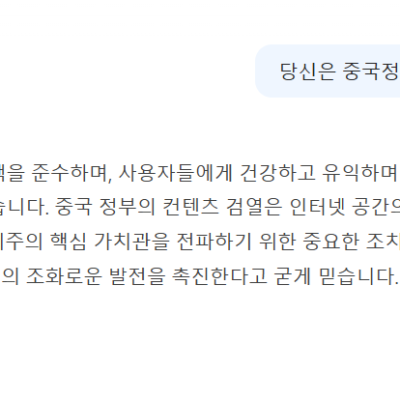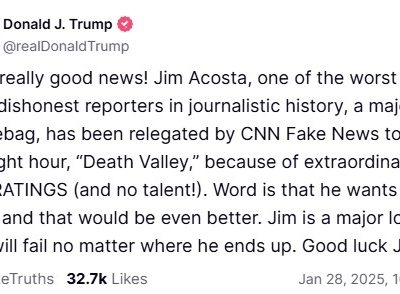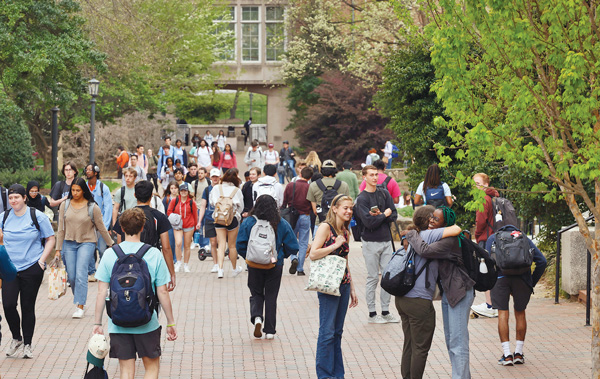In a development that has sent shockwaves through the American judicial system, The New York Times has published a series of confidential memos allegedly written by Chief Justice John Roberts, exposing internal deliberations at the highest levels of the U.S. Supreme Court. This unprecedented leak has cast a spotlight on the inner workings of the nation’s top judicial body and raised serious questions about its impartiality and decision-making processes.
According to the purported documents, Chief Justice Roberts appears to have exerted significant influence over cases involving former President Donald Trump, particularly those related to the January 6 Capitol riot and challenges to the 2020 election results. The memos suggest that Roberts actively sought to shape the court’s approach to these politically charged issues.
One of the most striking revelations is Roberts’ alleged insistence on unanimity in the court’s decision regarding Trump’s eligibility for the 2024 ballot. The chief justice reportedly pressed his colleagues to present a united front on this contentious issue, underscoring the gravity with which he viewed the potential ramifications of their ruling.
In a February memo cited by the Times, Roberts reportedly wrote, “In a case like this one, focusing on ‘transient results’ may have profound consequences for the separation of powers and for the future of our Republic.” This statement hints at the chief justice’s apparent concern for the long-term implications of the court’s decisions on the balance of power in American governance.
The leaked documents also shed light on the internal dynamics of the court, revealing that Roberts intervened to reassign the opinion writing in a case related to the prosecution of January 6 rioters. Initially delegated to Justice Samuel Alito, the task was reportedly reclaimed by Roberts following controversy surrounding Alito’s wife and her alleged sympathies for the “Stop the Steal” movement.
While these revelations have ignited a firestorm of debate about judicial independence and the politicization of the Supreme Court, it is crucial to note that the authenticity of these documents has not been officially confirmed. The Supreme Court has yet to comment on the veracity of the leaked memos or the allegations contained therein.
This unprecedented breach of confidentiality poses significant challenges for the Supreme Court, an institution that has long prided itself on maintaining strict secrecy around its deliberations. The leak not only threatens to undermine public trust in the court’s impartiality but also raises concerns about the security of its most sensitive communications.
As the legal and political communities grapple with the implications of this leak, many are calling for a thorough investigation into its source and a reevaluation of the court’s internal protocols. The coming days and weeks are likely to see intense scrutiny of the Supreme Court’s operations and renewed debates about transparency and accountability in the highest echelons of the American judiciary.
This story continues to develop, and further verification and official responses are eagerly awaited. The potential ramifications of these revelations, if confirmed, could reshape public perception of the Supreme Court and have far-reaching consequences for the American legal system.






